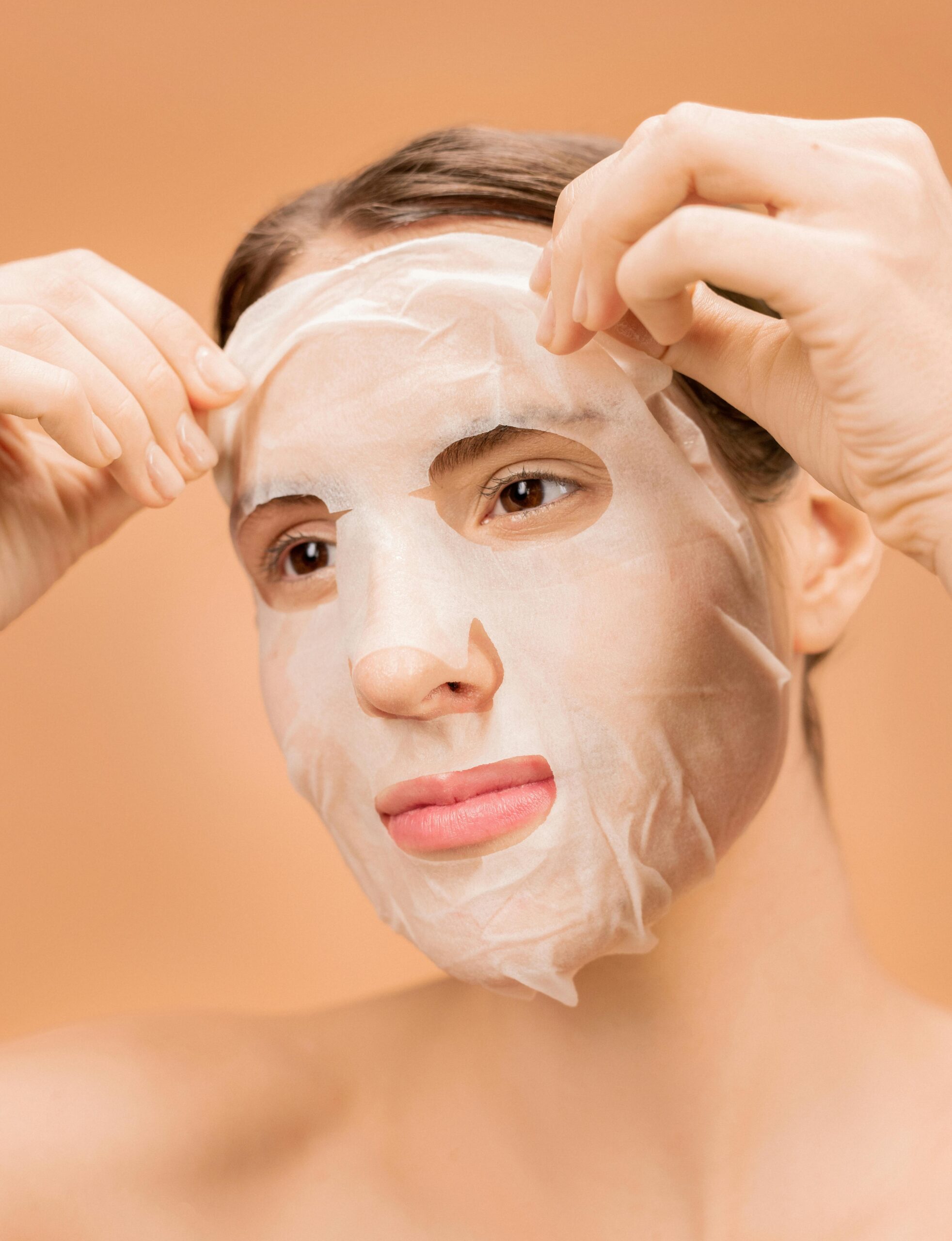Essential Hydration Tips for Optimal Health
Why Hydration Matters
Staying hydrated is crucial for overall health and well-being. Water is essential for various bodily functions, including temperature regulation, joint lubrication, and nutrient transportation. Dehydration can lead to a range of health issues, from fatigue and headaches to more severe complications. To maintain optimal health, it’s important to drink adequate fluids throughout the day. In this section, we will explore the significance of hydration in our lives and the consequences of neglecting it.
Understanding Dehydration
Dehydration occurs when the body loses more fluids than it takes in. Symptoms can range from mild to severe, including dry mouth, fatigue, and confusion. In extreme cases, dehydration can result in serious health complications such as kidney stones, urinary tract infections, and heat-related illnesses. It is essential to recognize the signs of dehydration promptly and take steps to prevent it. Drinking water consistently throughout the day, especially during physical exertion, can combat these risks and keep your body in peak condition.

Daily Water Intake Recommendations
The amount of water each person needs can vary based on age, gender, activity level, and climate. The general guideline is to drink at least eight 8-ounce glasses of water a day, known as the “8×8” rule. However, athletes or those in hot climates may require more. Monitoring urine color is an effective way to gauge hydration levels: light yellow indicates good hydration, while darker shades signal a need for more fluids. It’s crucial to listen to your body and adjust your water intake according to your needs.
Practical Hydration Tips
Implementing effective hydration strategies into your daily routine can ensure that you remain sufficiently hydrated. Here are practical tips to help incorporate water intake into your life seamlessly.
Make Water Readily Available
Keeping a water bottle within arm’s reach can significantly increase your chances of staying hydrated. Whether at work, home, or on the go, having easy access to water encourages regular sips throughout the day. Additionally, consider investing in a reusable bottle that tracks your water intake. Many modern bottles have time markers and motivational messages to help you meet your daily hydration goals.
Incorporate Hydrating Foods
Many fruits and vegetables have high water content, which contributes to your hydration levels. Foods like watermelon, cucumbers, oranges, and leafy greens are not only refreshing but also deliver essential nutrients. Adding these hydrating foods to your diet can enhance your overall fluid intake. For example, starting your meals with a salad can be a delicious strategy to boost hydration without relying solely on beverages.

Hydration during Exercise
Proper hydration during physical activity is vital for maintaining performance and avoiding dehydration. Whether you’re engaging in a light workout or an intense training session, understanding your hydration needs can help optimize your exercise routine.
Pre- and Post-Workout Hydration
Before exercising, make sure to drink water to prepare your body for the workout ahead. Aim to hydrate – at least 16 to 20 ounces – two hours before and again 15-30 minutes prior to starting your physical activity. After exercising, replace lost fluids by drinking water or electrolyte-rich beverages. This helps restore proper hydration levels, crucial for recovery and muscle function.
Recognizing Fluid Loss
During intense workouts, you might not realize how much fluid you are losing through sweat. Monitor your body weight before and after exercise to gauge fluid loss. A drop of even 1-2% in body weight can lead to fatigue and decreased performance. To replenish fluids efficiently, consider weighing yourself before and after your workout to determine how much water you should consume to recover fully.
Tips for Staying Hydrated Throughout the Day
Maintaining hydration can sometimes feel like a challenge, especially with busy lifestyles. Here are some easy hacks to weave hydration into your daily routines.
Set Reminders
In the hustle and bustle of life, it’s easy to forget to drink water. Use your smartphone or a hydration app to set reminders to drink water at regular intervals. This simple action can help establish a consistent routine for water intake. Some apps even track your consumption, providing insights and tips tailored to your hydration habits.
Flavor Your Water
If plain water leaves you uninspired, consider infusing it with fruits, herbs, or vegetables for added flavor. Ingredients like lemon, mint, berries, or cucumber can make hydration more enjoyable. Alternatively, herbal teas can be a delightful way to increase your fluid intake while also benefiting from additional vitamins and antioxidants.
Key Takeaways
- Staying hydrated is critical for optimal health, affecting everything from energy levels to digestive processes.
- Implement hydration strategies like keeping water accessible and incorporating hydrating foods into your diet.
- Pay attention to hydration needs, especially during physical activities, to maintain performance and facilitate recovery.
- Use technology like apps or reminders to build and sustain good hydration habits throughout the day.
FAQ
1. How much water should I drink daily?
While the common recommendation is eight 8-ounce glasses of water a day (the “8×8” rule), individual needs may vary. Factors such as age, gender, activity level, and climate play a crucial role in determining how much water you should consume. Aim to listen to your body and adjust your intake accordingly.
2. Can I rely on beverages other than water for hydration?
Yes! While water is the best source of hydration, other beverages such as herbal teas, coconut water, and even coffee can contribute to your daily fluid intake. Additionally, many fruits and vegetables contain high water content, making them excellent hydrating snacks.
3. What are the signs of dehydration I should look for?
Signs of dehydration include dry mouth, fatigue, dizziness, dark urine, and headaches. Becoming aware of these symptoms can enable you to take action promptly to rehydrate and maintain your health.
4. Is it possible to drink too much water?
While rare, excessive water intake can lead to a condition known as hyponatremia, characterized by low sodium levels in the blood. It’s important to consume fluids mindfully, especially during intense exercise, to avoid this risk.
5. What are the best foods for hydration?
Fruits and vegetables high in water content, such as watermelon, cucumbers, oranges, and strawberries, are excellent choices for hydration. Incorporating these into meals and snacks can help you maintain your fluid balance effectively.
6. Can hydration affect my energy levels?
Absolutely! Staying adequately hydrated plays a crucial role in maintaining energy levels. Even mild dehydration can lead to feelings of fatigue and decreased cognitive function, highlighting the importance of keeping your body well-hydrated.
